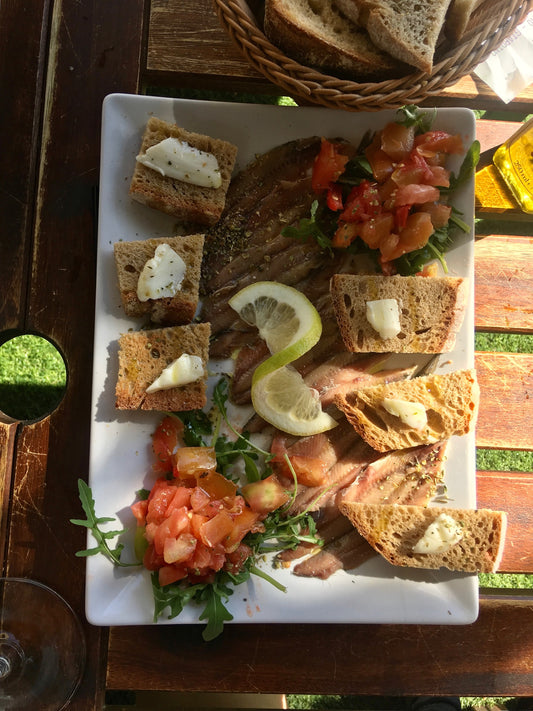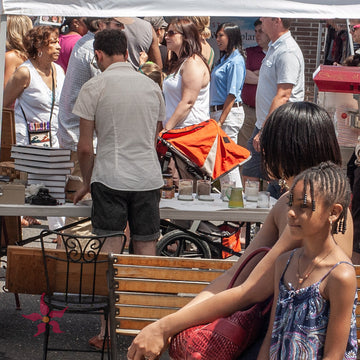Independently owned shops and restaurants are what make our cities and towns the places we love. The social distancing brought by the coronavirus has imperiled these businesses on many levels. There are 30 million of them--and despite what you may read in the papers, the aid they’re receiving is minimal to none. If they fail, the character of our neighborhoods will suffer. The 60 million jobs they create will suffer. Our deep human urge to live publicly through this diverse tapestry of flavor and culture and togetherness will suffer. The economic and social damage combined will be profound.
Fortunately, saving them is easily within our reach.
First, we must recognize that there will be no "snapping back to normal" for our economy. Setting our sights on "normal” sets us on a path into the brick wall like Wile-E-Coyote running into a painting of a tunnel. We must recognize that social distancing now, and in the successive waves to come, will transform our social and economic lives. We must embrace a new vision.
This is the first pandemic of the Information Age. New ways of relating together, enabled by technology, will reshape our world. Happy hours via Zoom, cooking classes on Facebook, sitting on a park bench with snapchat, and shopping via Instagram will compete with our town’s public spaces. Tech-enabled retail chains and online shops bring us cheaper goods more conveniently than ever. Apps let us shop, reserve tables, and place orders without interacting with other human beings.
All of this will compete with human-based business models. Fair enough, but towns can handle that competition. All we need to do is look for what towns offer that technology cannot compete with—namely the time and space in which to physically interact.
 The urge to be next to one another is a fundamental need, a deeply human itch that technology cannot scratch. Towns are by definition about closeness. The businesses through which we experience our towns are what make closeness happen.
The urge to be next to one another is a fundamental need, a deeply human itch that technology cannot scratch. Towns are by definition about closeness. The businesses through which we experience our towns are what make closeness happen.
By building on an intrinsic strength of towns to satisfy an intrinsically human need, our towns can do more than survive, they can thrive.
We must re-organize our civic space and regulatory policy to prioritize “proximity businesses” like shops, restaurants, gyms, salons, etc. Support the proximity businesses in our communities and all the other businesses and jobs will follow. Fail them, and the rest will move to places that do. Here are six ways to advocate for small business in our neighborhoods, and one way you can make a difference every day:
- Establish Pedestrian Shopping Streets
- Set Commercial Rents to Percentage of Revenue
- Provide Debt Relief for Bricks-and-Mortar Businesses
- Prioritize Access to Government Aid on “Proximity Businesses”
- Establish Federal Bricks and Mortar Business Administration
- Patronize Independently Owned Small Business!
Each of us, today, can start by recognizing what a "proximity business" is. A proximity business is one that operates face-to-face, in real time, customers together with employees. Examples are retail shops, restaurants, bars, hotels, gyms, and salons doing work in the physical world; these are the hardest hit by social distancing. These are the small, independently owned businesses that bring our cultural identity and economic diversity to life. As with any ecosystem, our own personal wellbeing depends on them.







